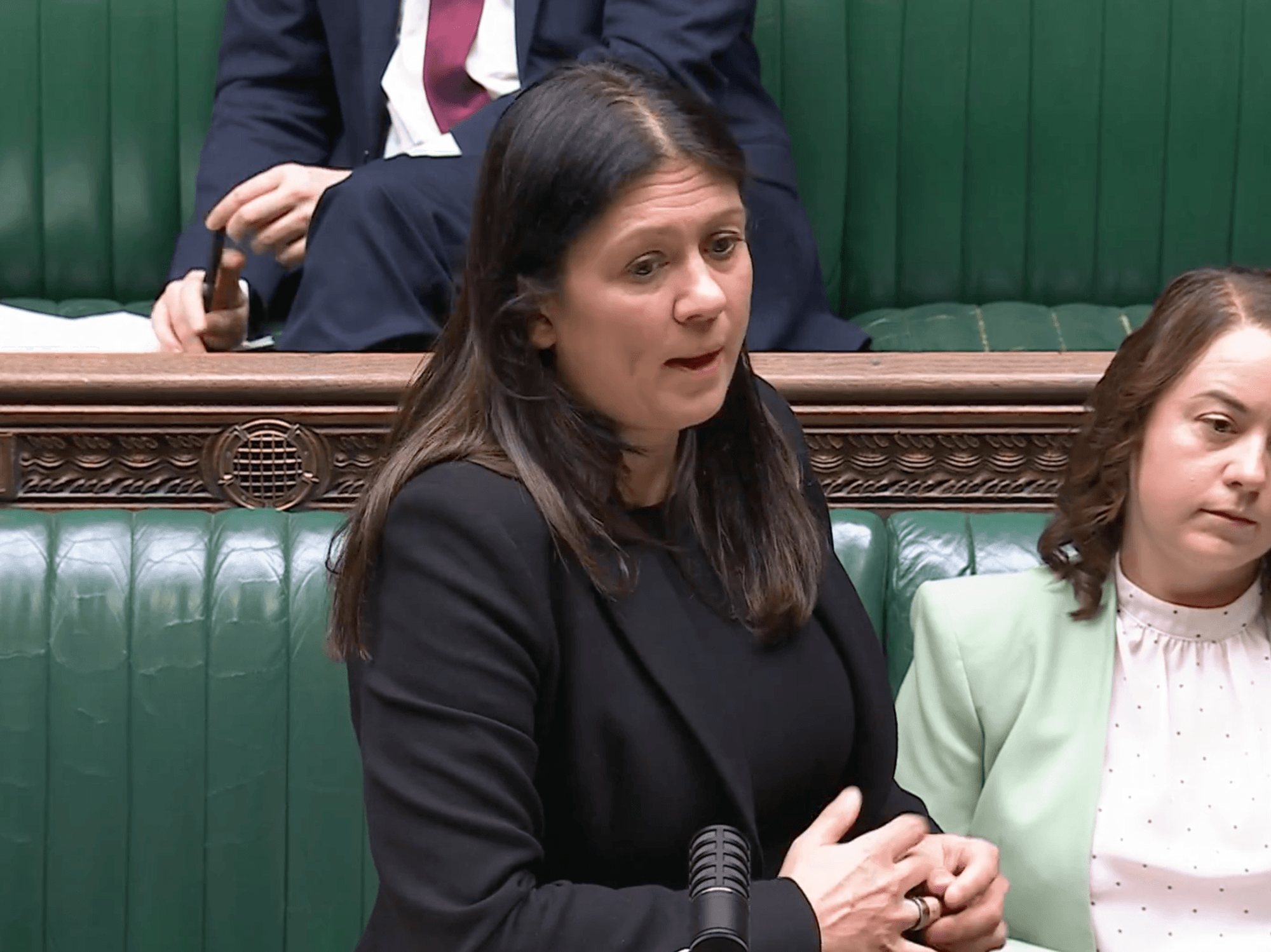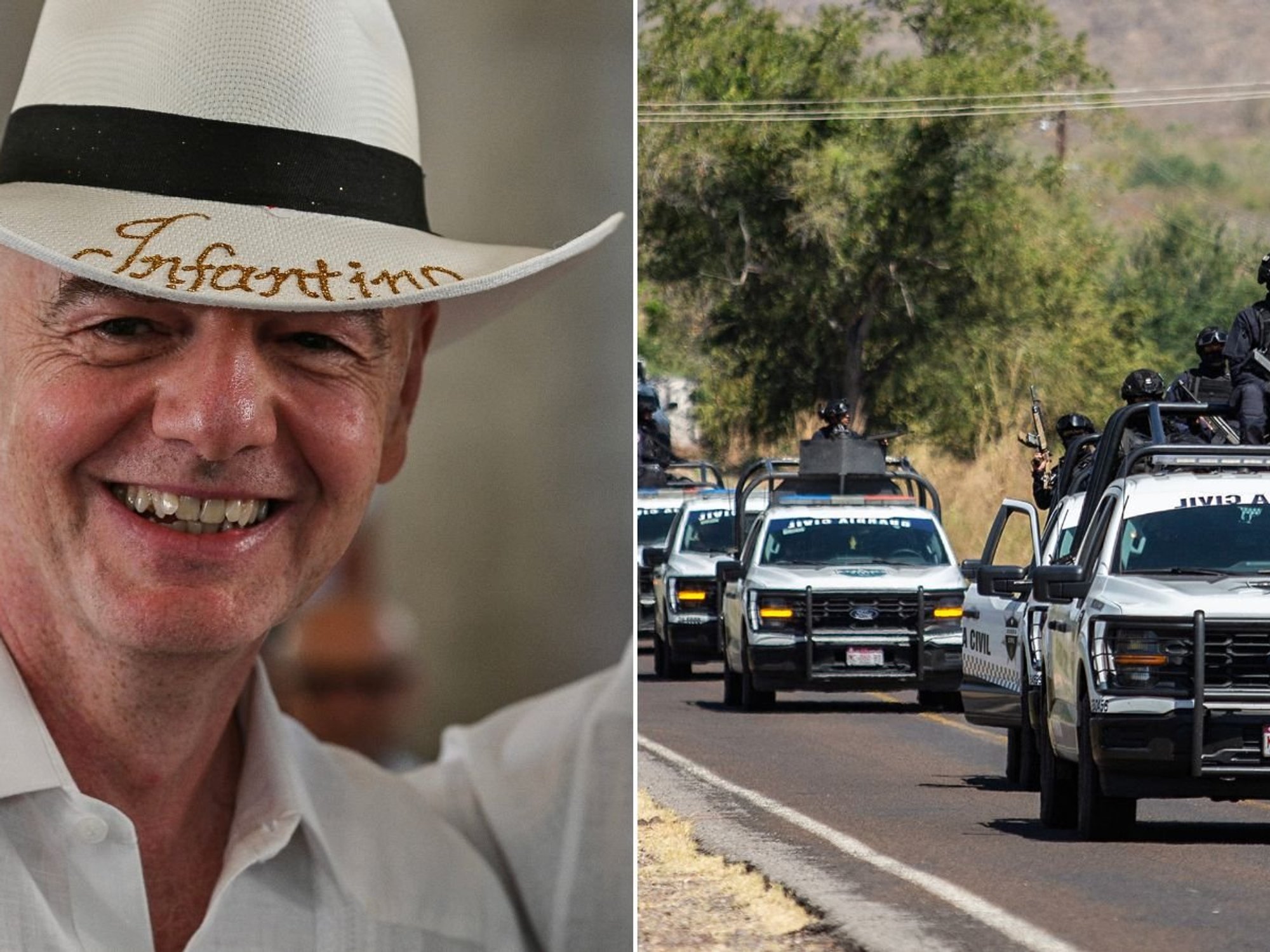Rachel Reeves warned of Budget 'danger' amid planned VAT raid on drivers with new 'taxi tax'
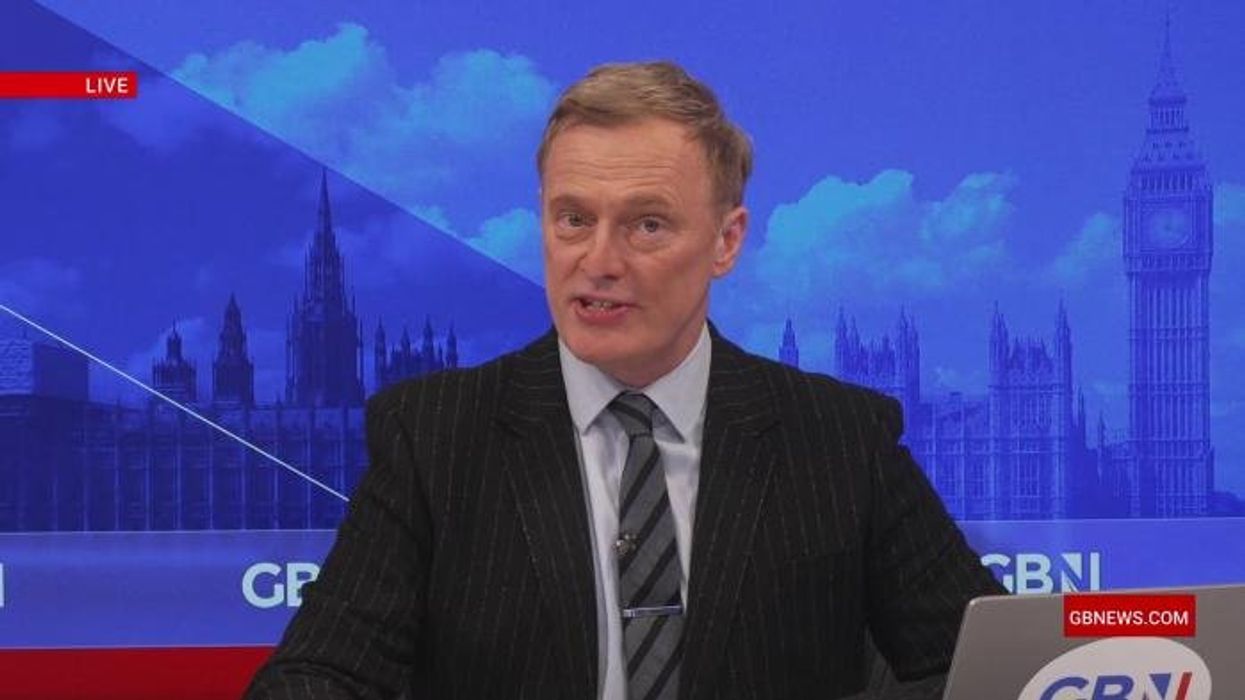
WATCH: London's iconic black cabs could go extinct within 20 years with Sadiq Khan urged to act
|GB NEWS

Chancellor Rachel Reeves will deliver the Autumn Budget on November 26
Don't Miss
Experts have warned that taxis could disappear from roads in the coming years as Chancellor Rachel Reeves eyes hiking VAT rates on taxi drivers in the upcoming Autumn Budget.
Reports suggest that the Chancellor is planning to introduce a 20 per cent rate on all private hire vehicle journeys as the Government looks to plug a £50billion financial black hole.
The proposal would raise around £750million a year for the Treasury as the Chancellor prepares to deliver the Autumn Budget on November 26.
At present, taxi firms outside of the capital do not charge VAT on journeys because drivers are considered to be self-employed contractors.
TRENDING
Stories
Videos
Your Say
However, experts have warned that drivers and passengers would face steep price hikes, especially those in rural areas.
Michael Solomon Williams, from the Campaign for Better Transport, emphasised the importance of taxis and private hire vehicles, particularly for people with disabilities and people who live outside of urban areas.
"The focus should be on making public transport more affordable and accessible – not taxing the services that fill its gaps, hiking prices and undermining connectivity," he told The Telegraph.
Campaigners have also highlighted the enormous impact a "taxi tax" could have on the NHS, which currently spends £460million a year transporting patients to appointments.
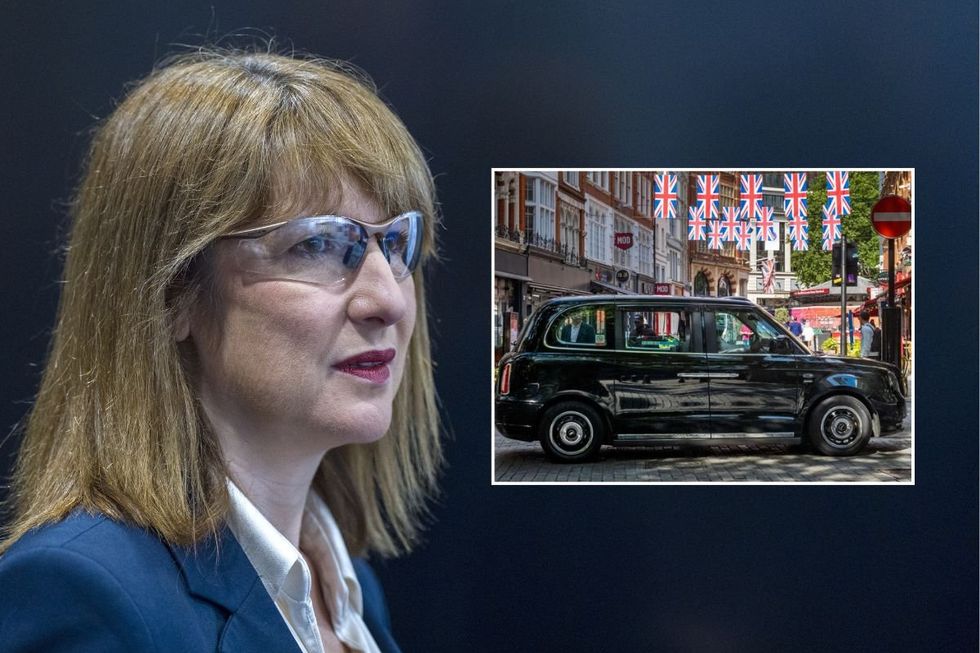
Chancellor Rachel Reeves could introduce a 20 per cent VAT hike on taxis in the Autumn Budget
|PA
A proposed 20 per cent tax hike would stretch health budgets further at a time when the NHS is failing to meet many of its targets because of funding issues.
The Stop the Taxi Tax campaign group commissioned research which found that seven in 10 voters are against a 20 per cent VAT hike.
A majority of people said they would use taxis less if fares increased, while half said it would make the transport unaffordable for them.
Commenting on the plans, David Sweeney, head of taxi broking at taxi insurance specialist The Taxi Insurer, issued a stark warning to the Chancellor.
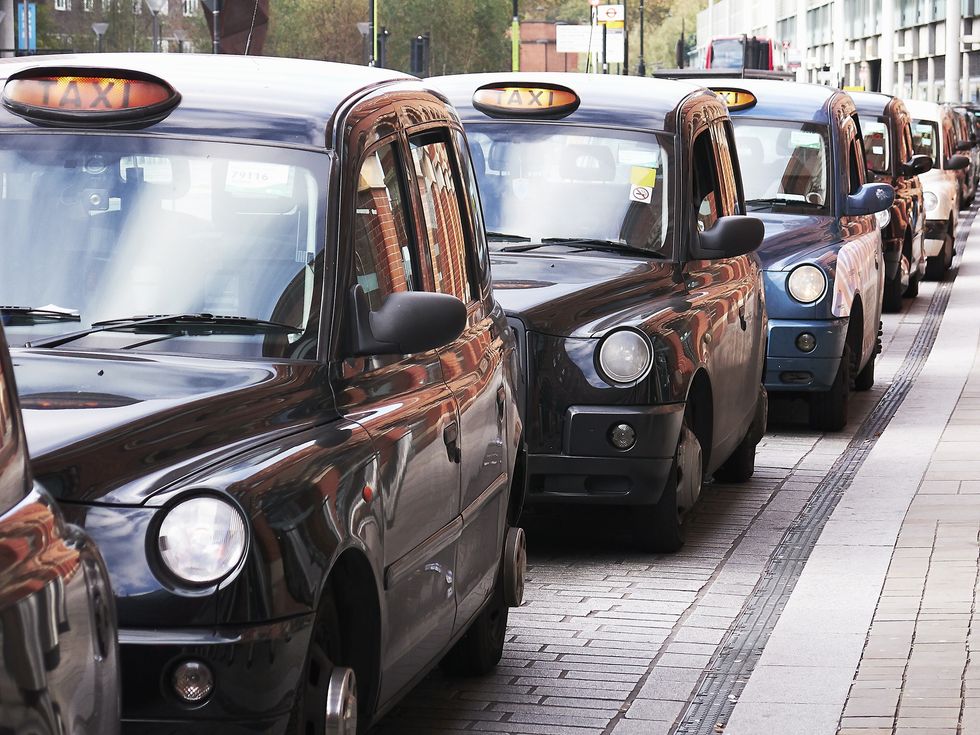
The taxi industry has warned of devastating consequences from a VAT raid
| GETTYLATEST DEVELOPMENTS:
He said: "If VAT is added to taxi and private hire vehicle fares, there's a danger that it'll make the drivers of those vehicles less competitive, and they'll lose business to drivers of hackney carriages or those using apps.
"Such a hike in fares could push customers away from using these services and towards public transport.
"In a trade where there seems to be little support from the Government, this certainly doesn't help with what is already a very tough market."
Mr Sweeney also acknowledged a "bigger concern" for taxi drivers, namely that a hike in Insurance Premium Tax could follow suit, further increasing costs for drivers.
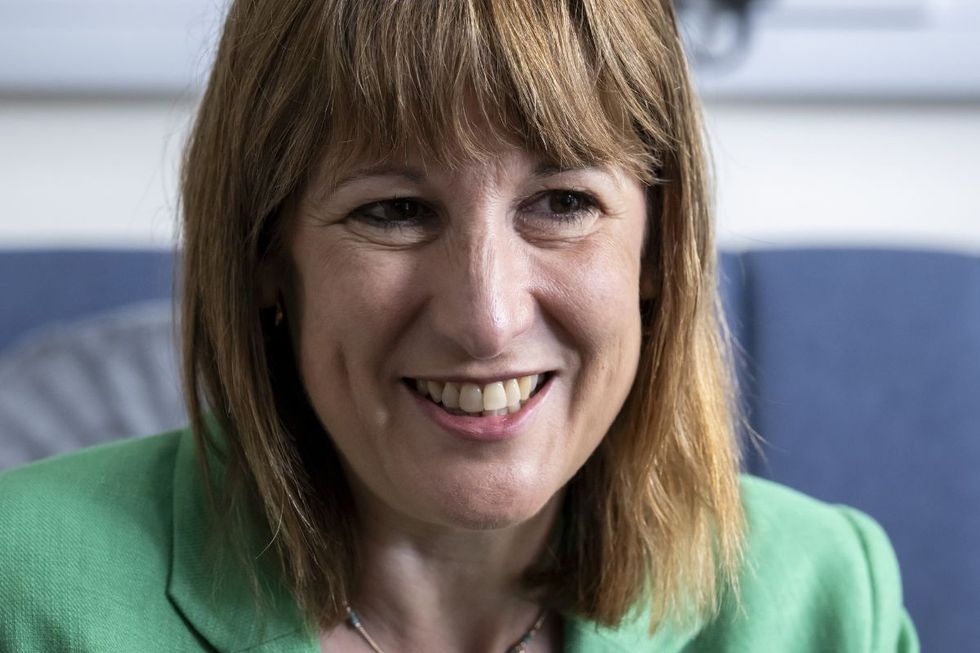 Rachel Reeves is expected to unveil her second Budget on November 26 | PA
Rachel Reeves is expected to unveil her second Budget on November 26 | PA
He noted that the rate has slowly increased from just five per cent in 1999 to 12 per cent in 2017. He fears that the Government could look at IPT to recover costs for the Treasury.
Last year's Autumn Budget saw experts call for the rate of IPT to be cut to help lower car insurance premiums, given that many providers pass on the additional costs to drivers.
Recent research warned that iconic black cab drivers could be forced off roads in the coming years as they struggle to deal with more expensive costs, according to the Centre for London.
A report found that the number of taxis licensed by Transport for London has declined from 22,810 cabs in 2013 to just 14,470 in 2025. Estimates suggest that a continued pattern of decline could mean that no black cabs could be on the road by 2045.






